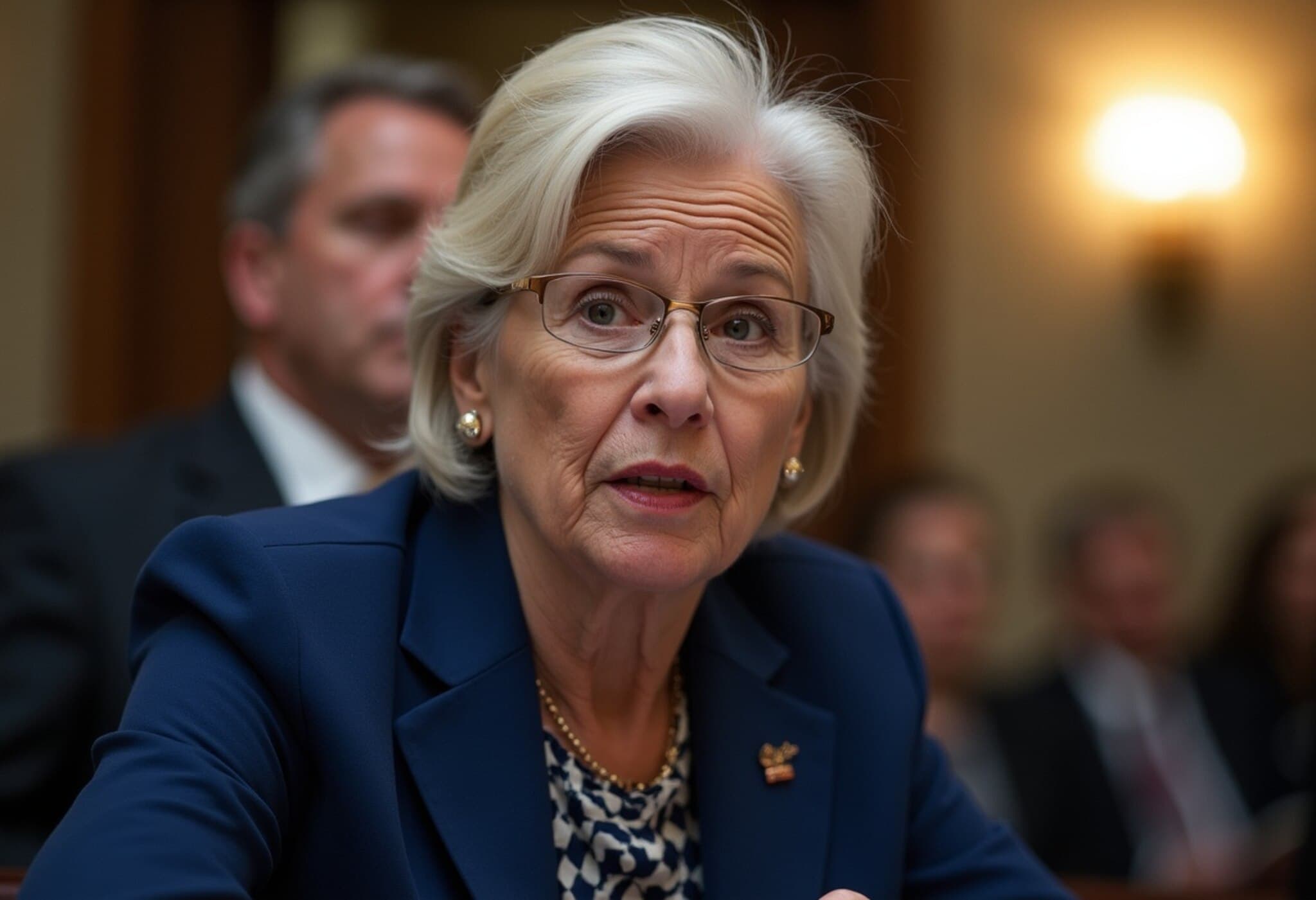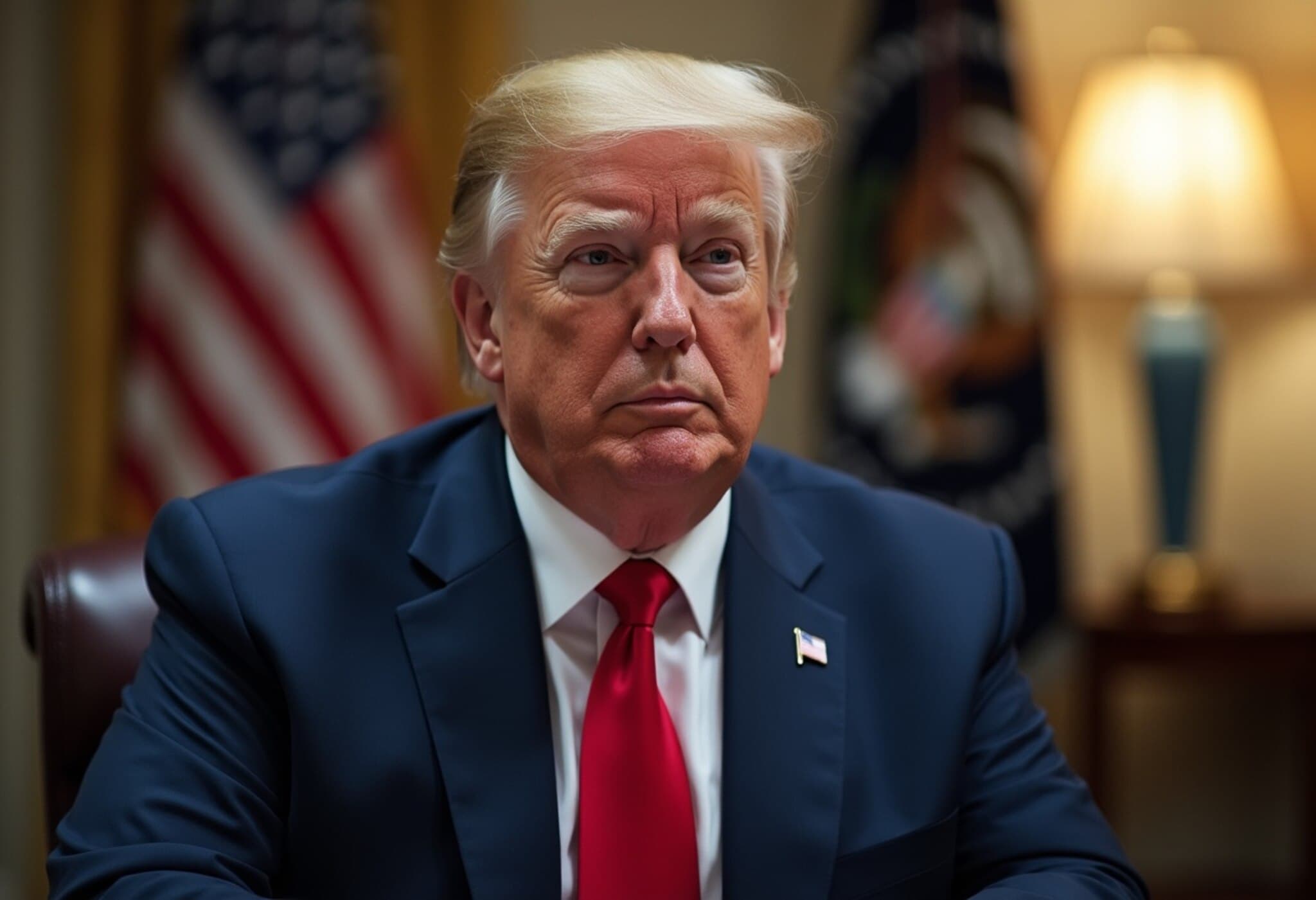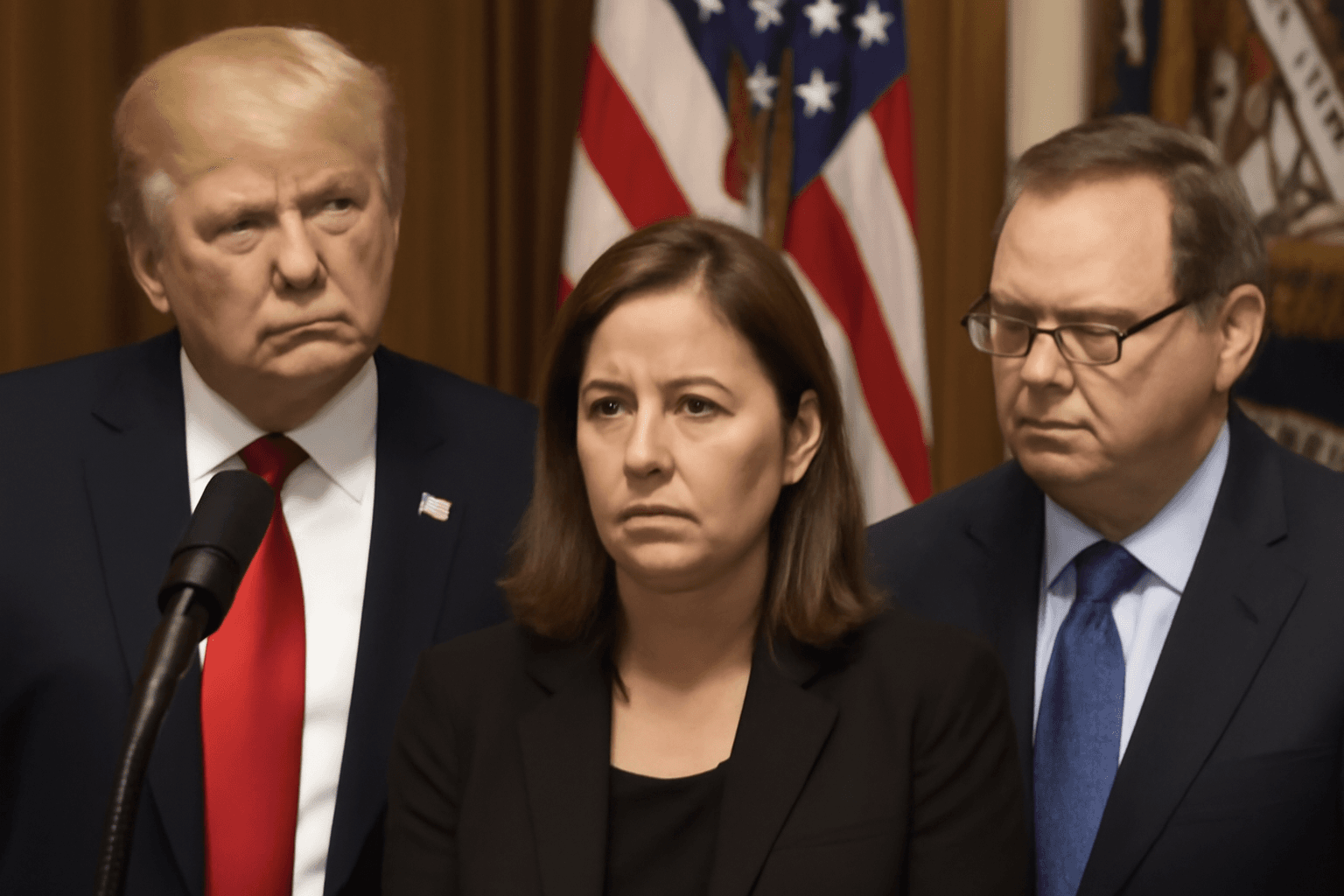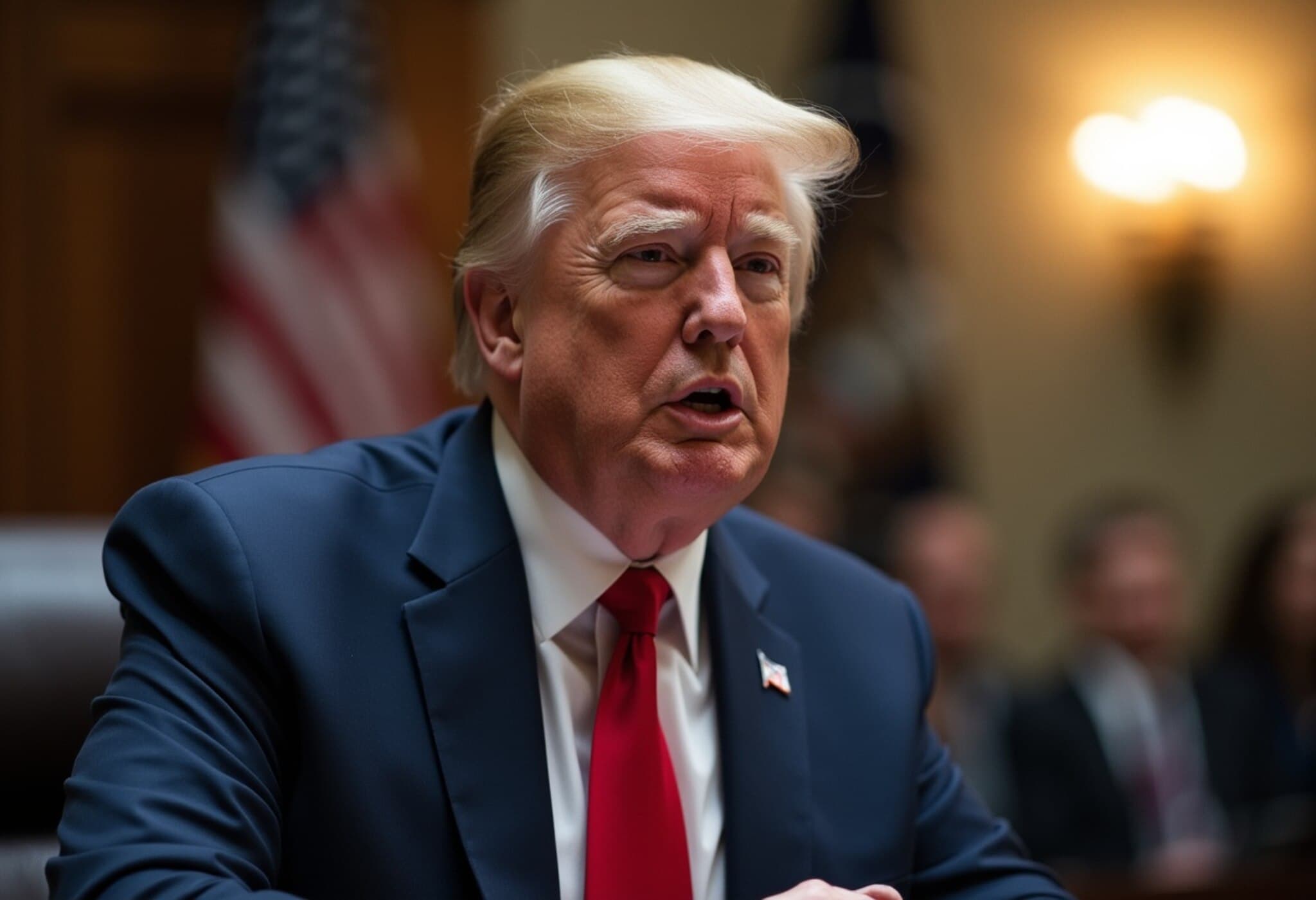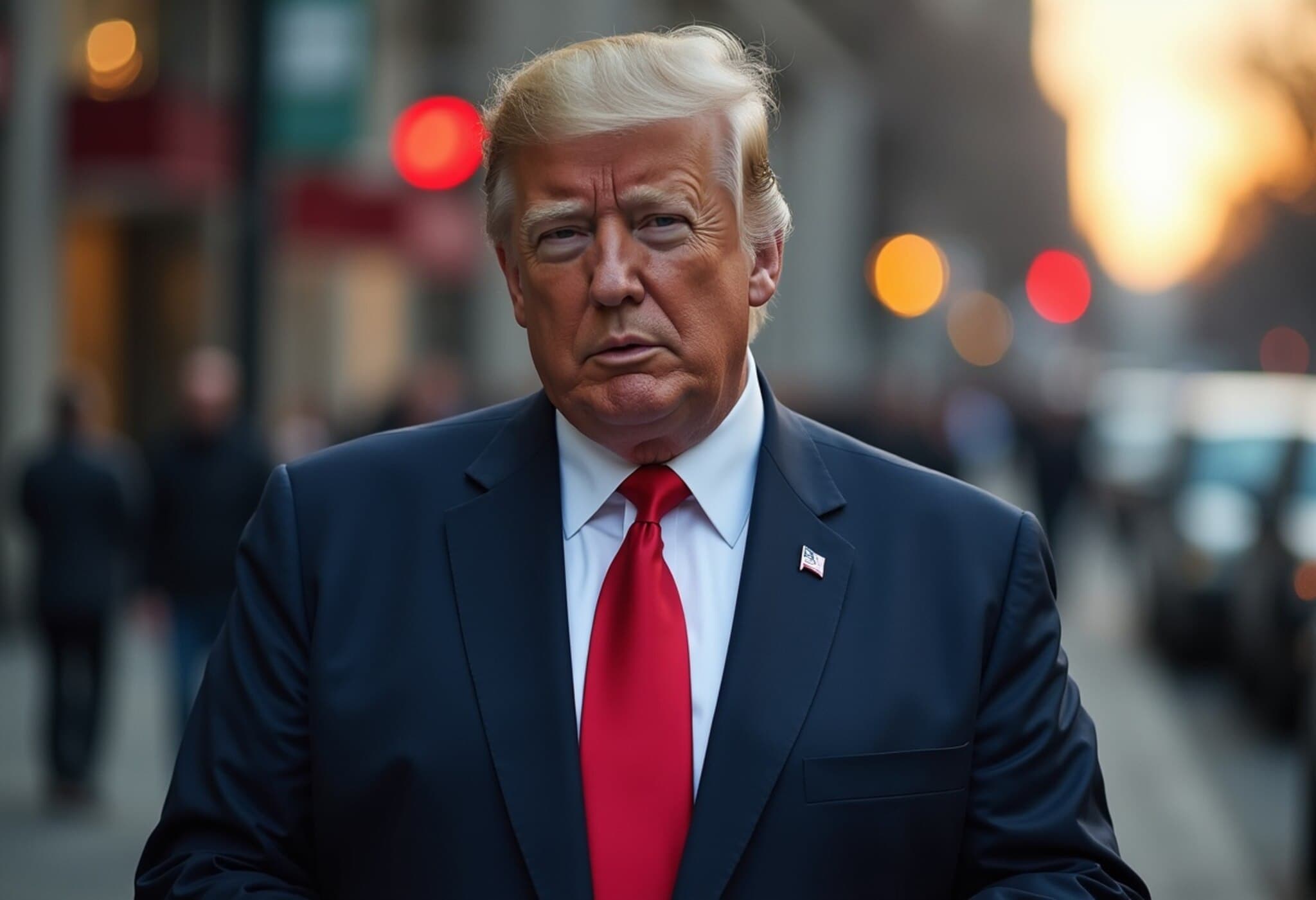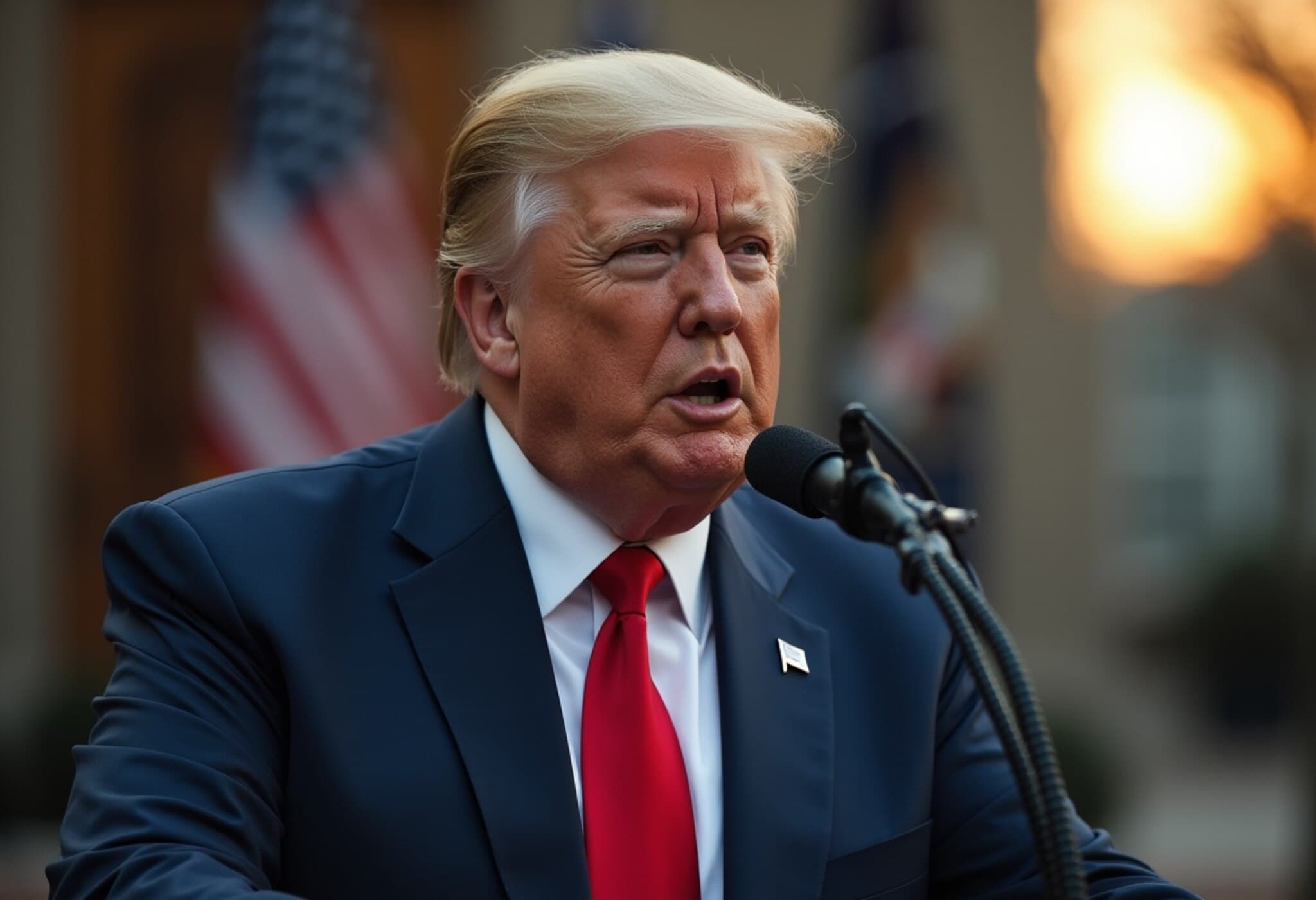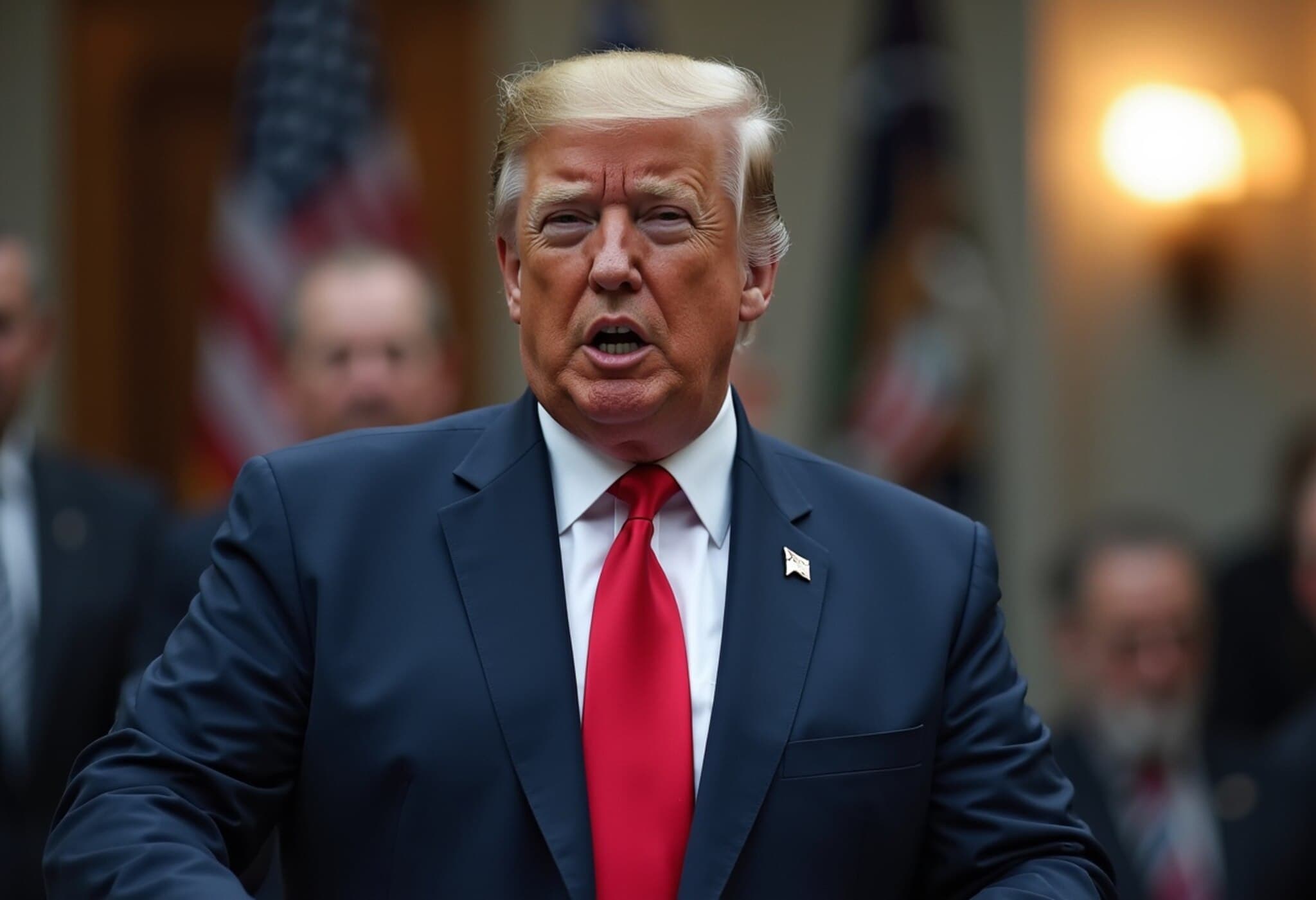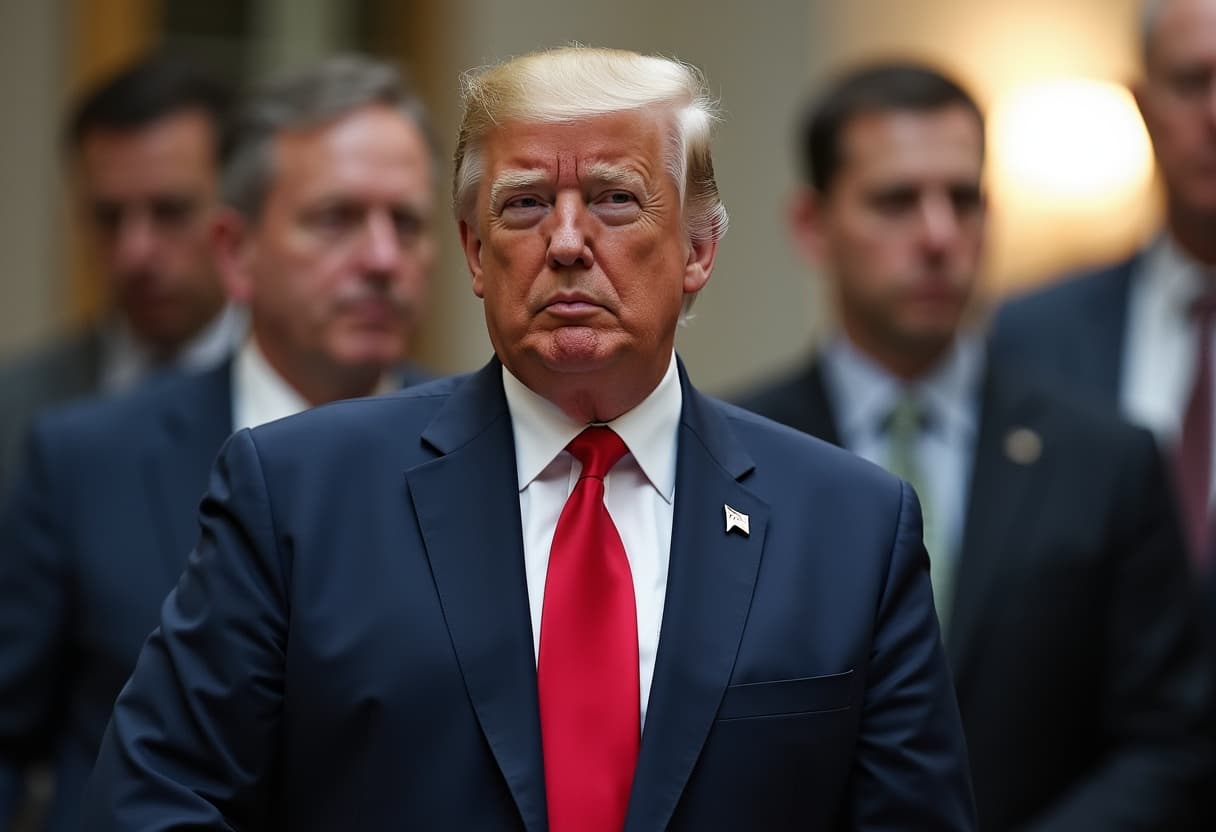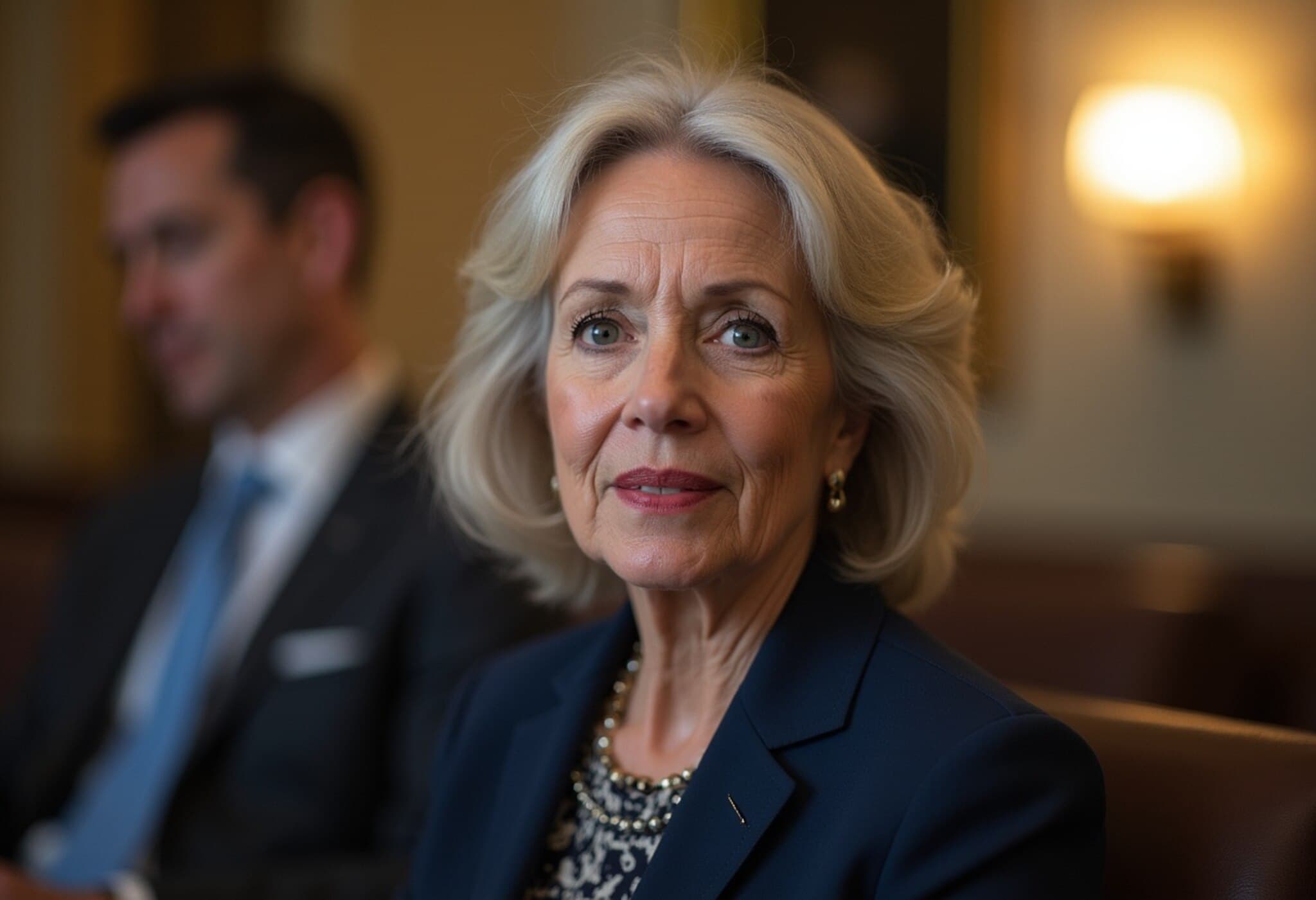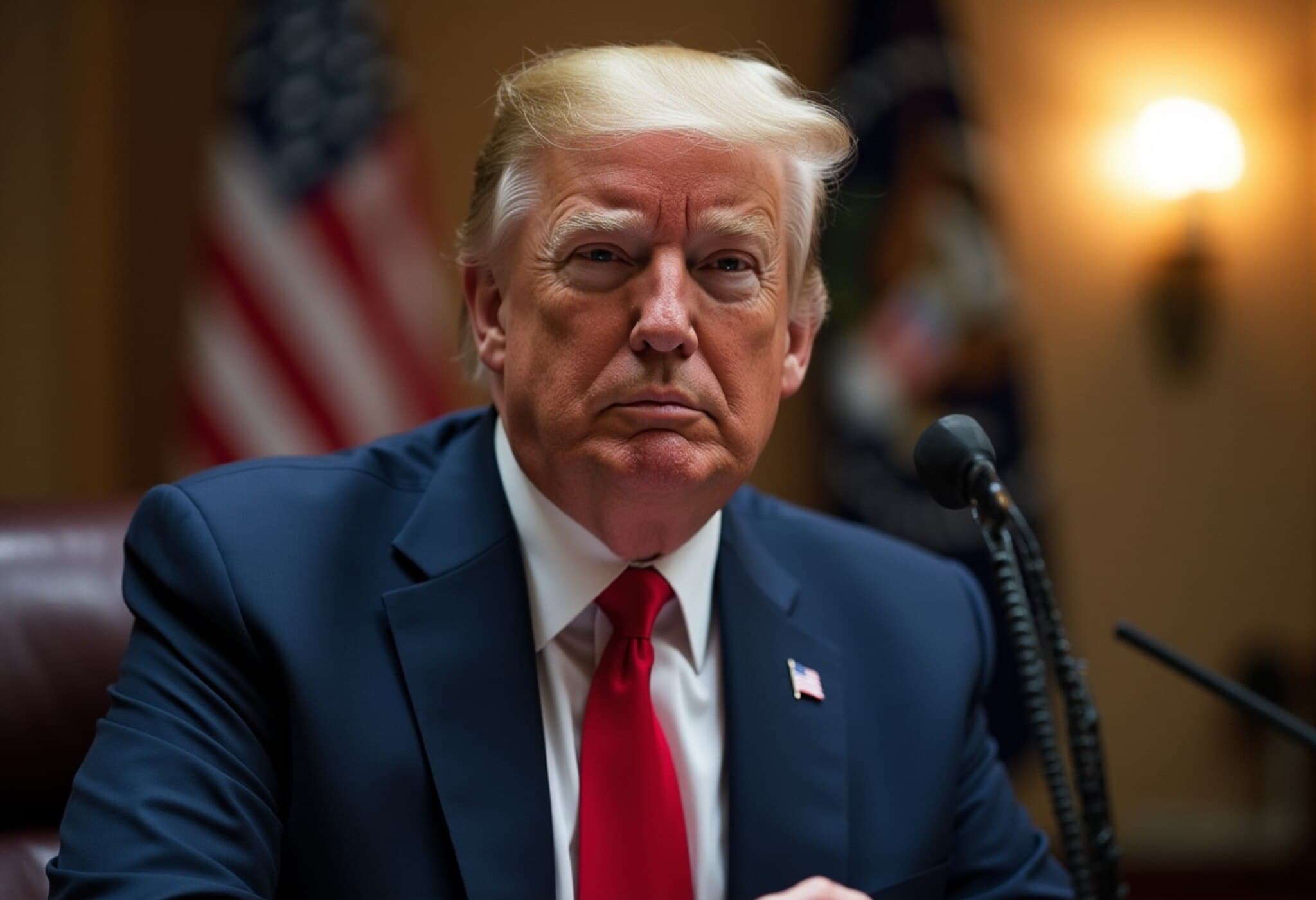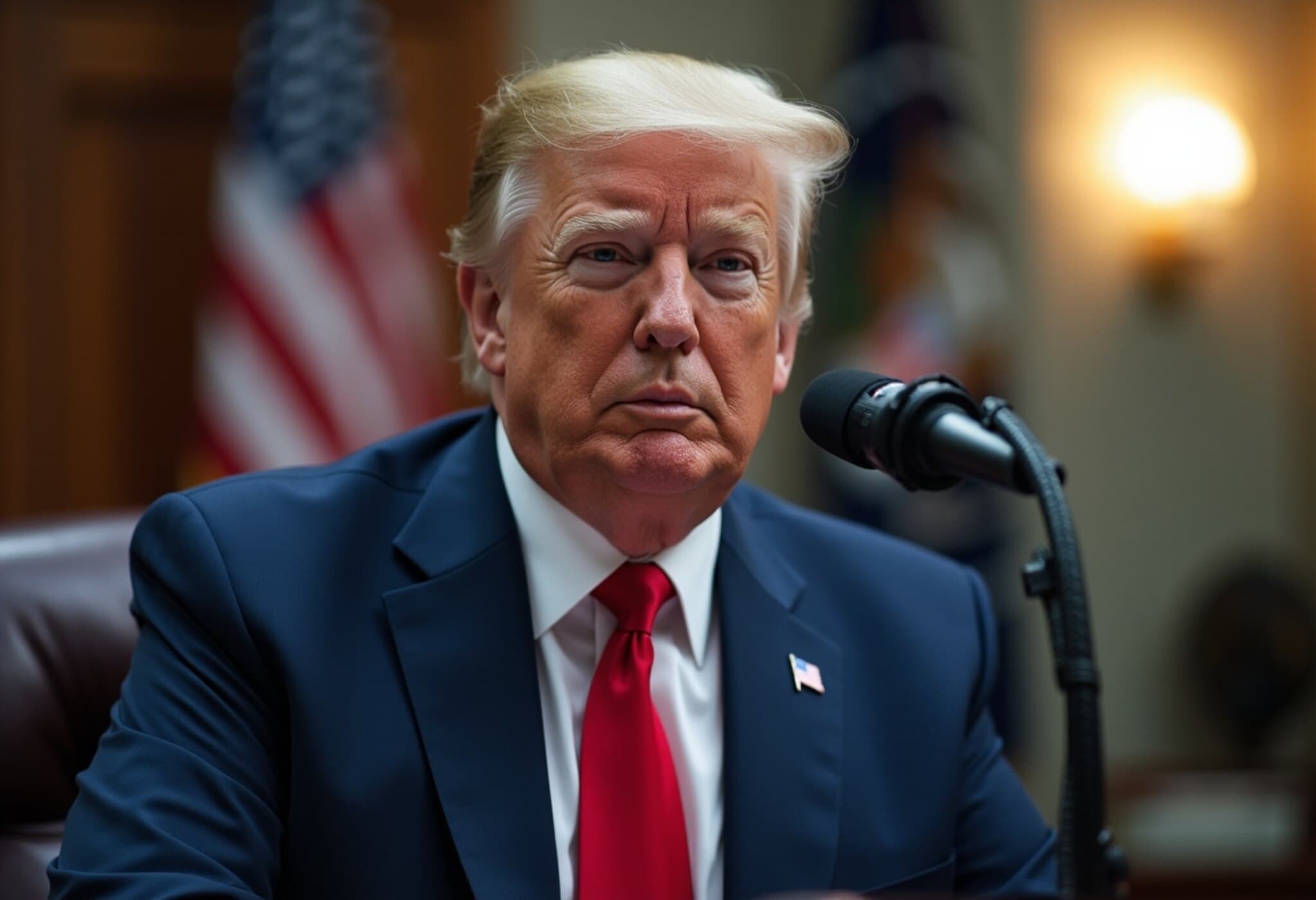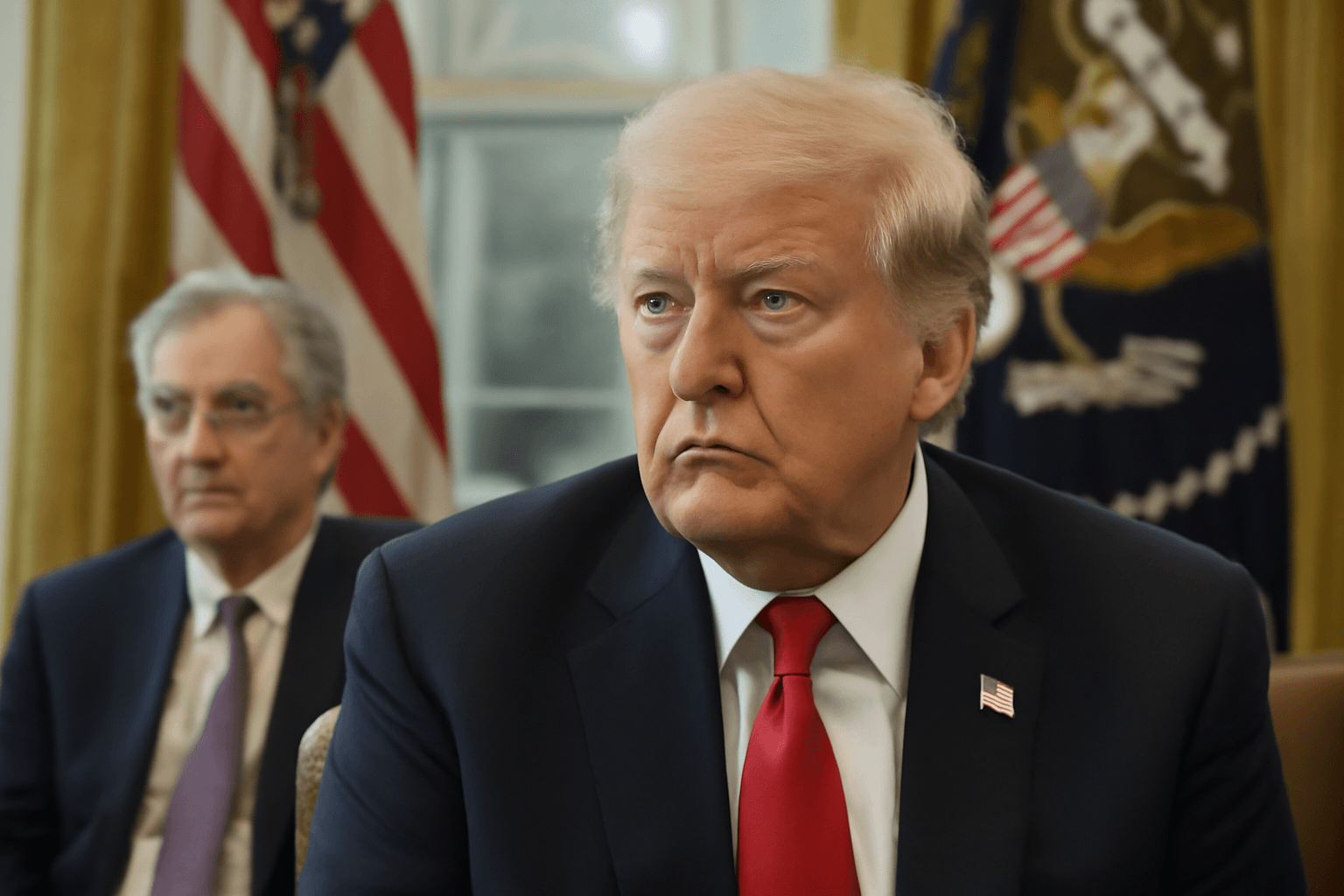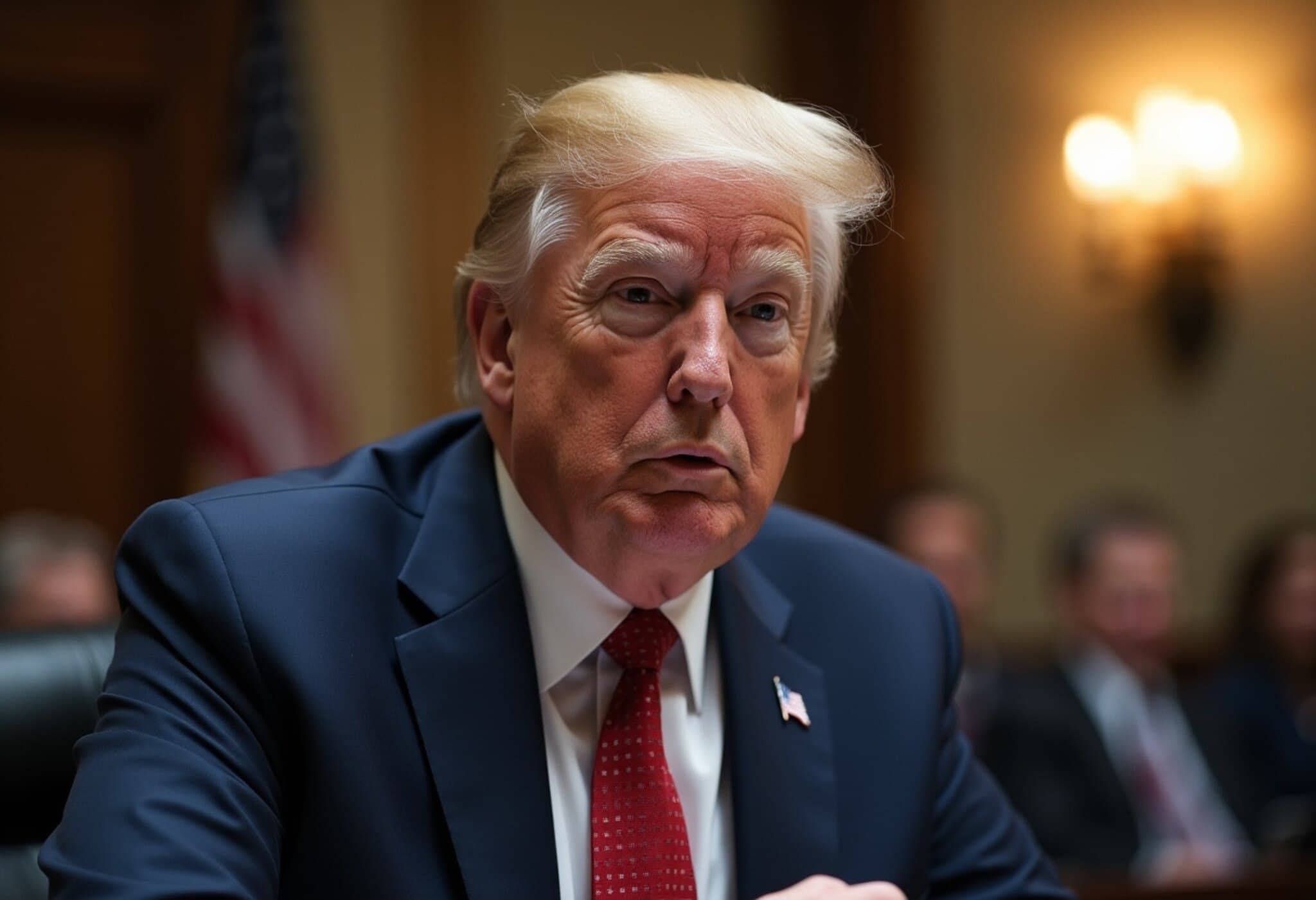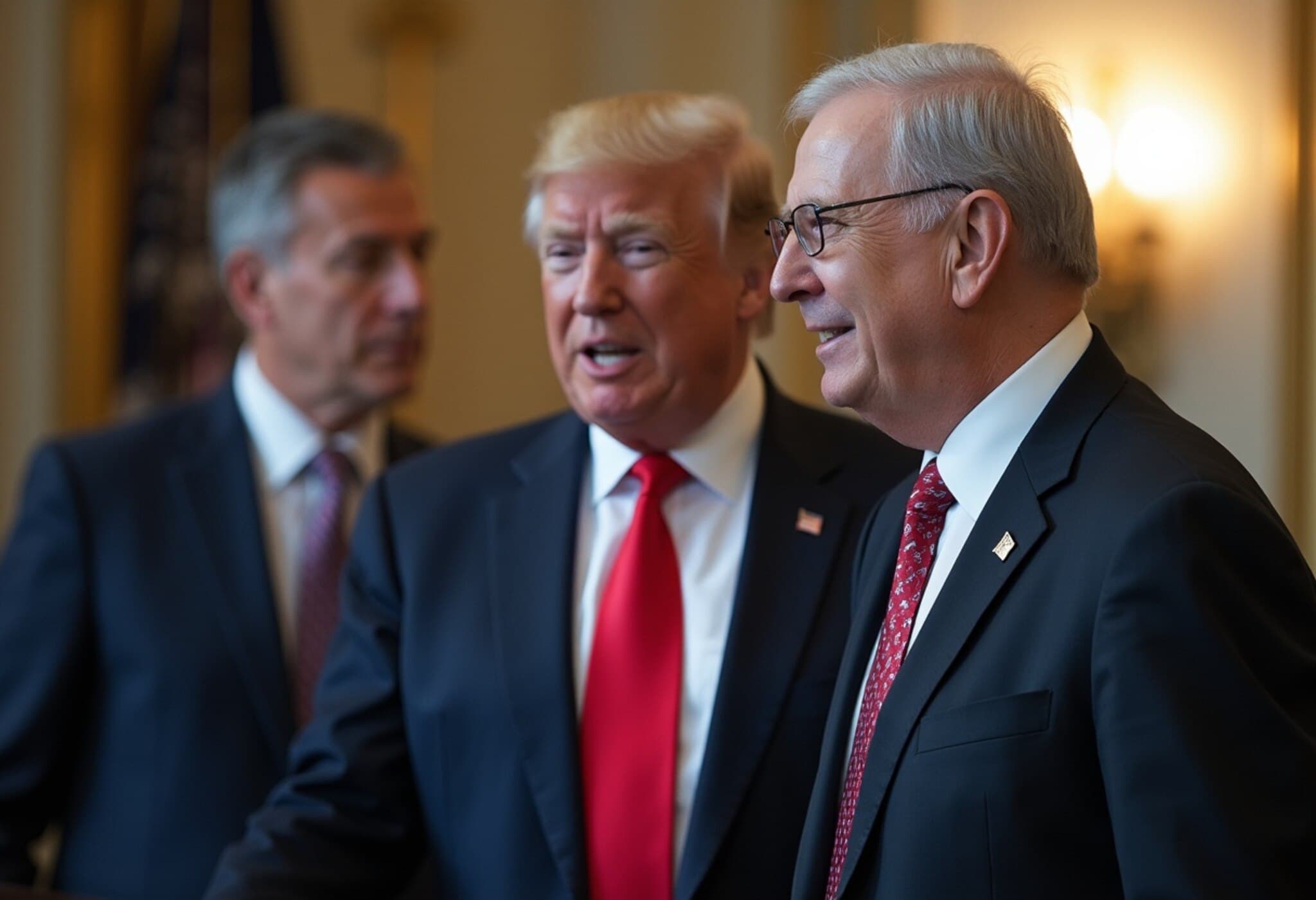President Trump Pushes to Expedite Removal of Fed Governor Lisa Cook
In a rapidly unfolding legal battle, President Donald Trump has filed a motion urging a federal judge to deny Federal Reserve Board Governor Lisa Cook's plea to block her dismissal. The high-stakes showdown centers on whether Trump’s request to fire Cook — amid allegations of mortgage fraud — will be allowed to proceed without delay.
Legal Maneuvers Ahead of Critical Hearing
Just hours before a scheduled hearing in Washington D.C.'s U.S. District Court, Trump’s legal team asked the court to swiftly dismiss Cook's request for an injunction meant to thwart her removal. Simultaneously, the Federal Reserve submitted a separate filing taking a neutral stance on Cook’s lawsuit challenging the termination, but called on the court for a "prompt ruling" to resolve the dispute and restore clarity to the Fed’s governance.
Allegations of Mortgage Fraud Fuel Controversy
The core dispute stems from allegations made by Christopher Pulte, director of an advocacy group, accusing Lisa Cook of signing documents with false information relating to multiple residential properties located in Atlanta, Ann Arbor, Michigan, and Cambridge, Massachusetts — actions that purportedly predate her tenure at the Federal Reserve.
Pulte lodged a new criminal referral with the Department of Justice shortly before this weekend, intensifying scrutiny on Cook’s financial disclosures. His accusations describe alleged misrepresentations about three properties in government ethics statements, which opponents argue could compromise Fed integrity.
Defense Stands Firm: Lawyer Calls Allegations a ‘Smear Campaign’
Lisa Cook’s counsel, renowned attorney Abbe Lowell, vehemently dismissed these claims as a political attack lacking factual foundation. Lowell emphasized that "nothing in these vague, unsubstantiated allegations has any relevance to Gov. Cook's role at the Federal Reserve," and stressed they do not justify the president's move to remove her from office.
Broader Implications for Fed Independence and Governance
This legal clash spotlights the precarious balance between the executive branch's power to remove Federal Reserve governors and the Fed's semi-independent status critical to U.S. economic stability. Experts note that prolonged uncertainty over Board membership could unsettle markets and curtail the Fed’s ability to navigate economic challenges.
Indeed, the Federal Reserve’s conservative approach—requesting only a "prompt ruling" without advocating for either party—signals a preference for judicial resolution over internal conflict. Meanwhile, Chairman Jerome Powell is indirectly drawn into the fray, given the central bank’s role in implementing any presidential directives affecting its leadership.
Potential Supreme Court Intervention on the Horizon
Legal analysts anticipate the dispute may escalate to the Supreme Court, as questions of presidential authority versus statutory protections for Fed governors remain unsettled. The case will likely serve as a precedent-defining moment concerning executive power limits and institutional independence within America's financial system.
What’s Next?
- The court is expected to deliver a ruling on Cook’s temporary restraining order request imminently.
- The Department of Justice’s response to Pulte’s criminal referrals remains pending but could further complicate proceedings.
- Market watchers will closely monitor how this governance turmoil influences Federal Reserve policy continuity amid ongoing economic uncertainties.
Editor’s Note
This case goes beyond allegations against an individual—it’s a pivotal test of the American system's checks and balances, especially in economic governance. While political motivations cannot be overlooked, the court’s handling of this dispute will send ripples through how presidential authority interacts with independent financial institutions. Readers should watch closely as this story develops, reflecting on the implications for democratic governance and trust in key economic institutions.

